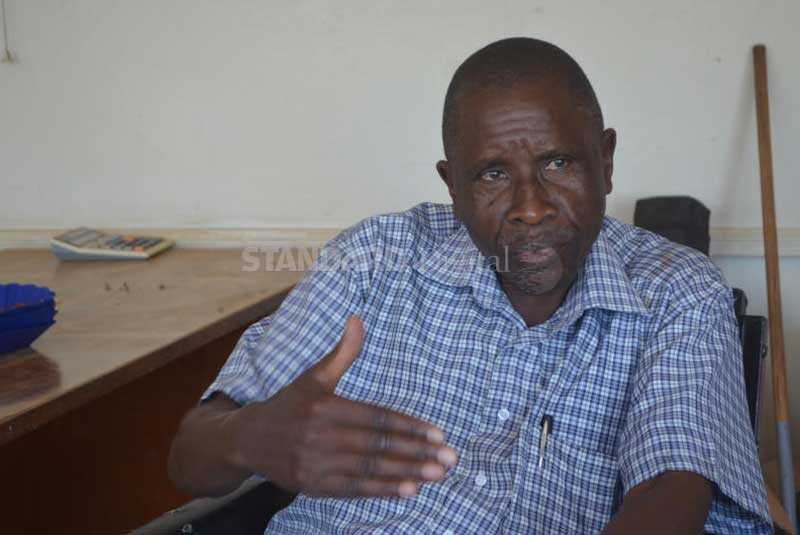×
The Standard e-Paper
Join Thousands Daily

Most coffee estate farmers in Kirinyaga County are returning to the coffee cooperative societies they ditched, complaining of exploitation by millers and marketers.
The farmers, some of whom have their own coffee processing factories, claimed the millers were taking advantage of their small numbers to dictate to them when to mill the commodity and when to release it to the marketers.